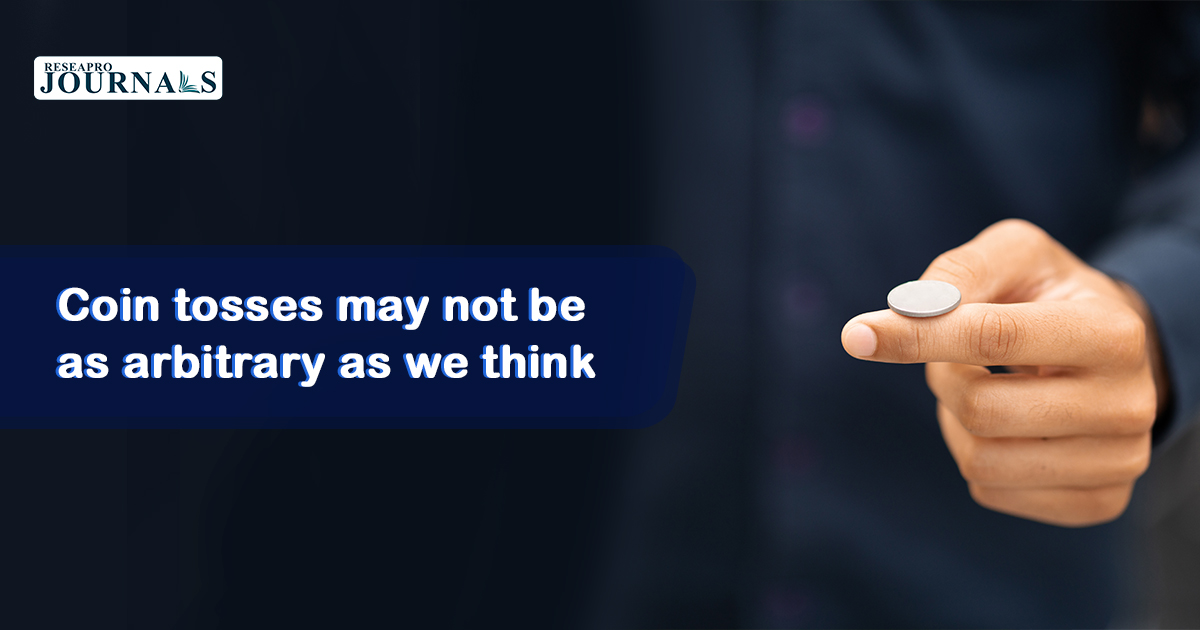|
Getting your Trinity Audio player ready...
|
Coin flips, often seen as the epitome of randomness, may not be as arbitrary as we think. A recent experiment conducted by an international team of researchers involving a staggering 350,757 coin flips challenges the idea of pure randomness in coin tosses. Their analysis supports a theory proposed by mathematician Persi Diaconis in 2007, suggesting that the side facing up when a coin is flipped is more likely to land facing up. This phenomenon was observed in 50.8% of the cases, although it appeared consistent across various coin types but not among different individuals. The varying results hint that the technique used to flip the coin influences the outcome. Researchers believe that this discovery could have implications in betting and decision-making, suggesting that concealing the starting face of the coin should be a practice. This newfound understanding sheds light on a seemingly simple act that has played a role in historical events and modern decision-making processes, revealing that coin flips may not be as random as commonly assumed.




